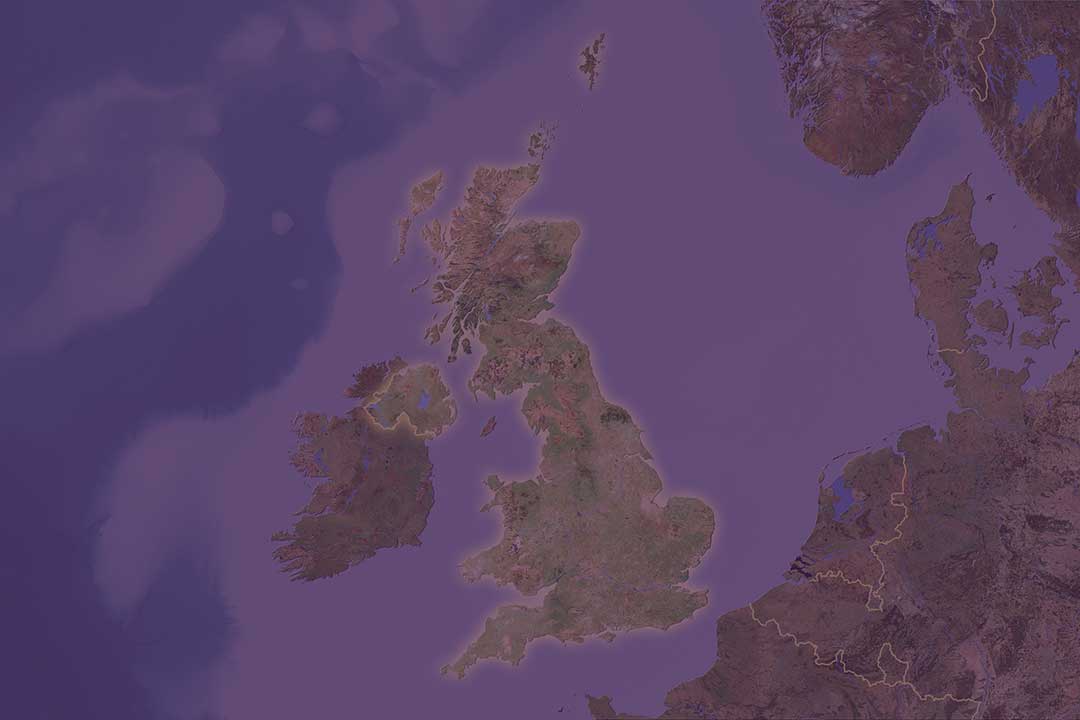Put Diplomacy at the Heart of Conflict Resolution
Lord Ricketts, former National Security Advisor, provides strategic analysis of UK engagement in fragile and conflict affected states, and advances ideas to strengthen UK ‘soft power’.
The Western evacuation from Kabul brought a chaotic end to three decades of effort – by deploying military forces – by the US, the UK and their allies to deal with conflict and gross human rights abuses. For the future, non-coercive responses to international crisis will have much greater prominence. This significant shift comes at a moment when the UK is in the middle of a fundamental reappraisal of its role in the world following its departure from the EU.
This essay will examine how, in these new circumstances, post-Brexit Britain can best contribute to international efforts to prevent and mitigate conflicts, and combat impunity for gross abuses of human rights. The country still has considerable soft power as well as renowned military forces. But leaving the EU has diminished its influence in the world. This makes it even more necessary for the government to set clear longer-term priorities and pursue them with coherence and purpose.
Read the complete essay collection
The Lord Ricketts GCMG GCVO
RUSI Vice-Chair



